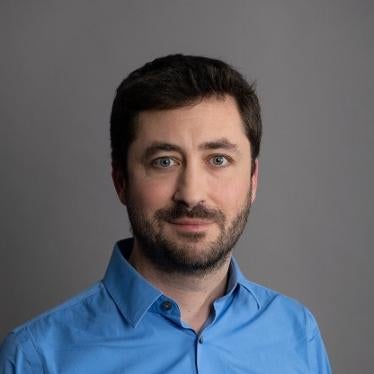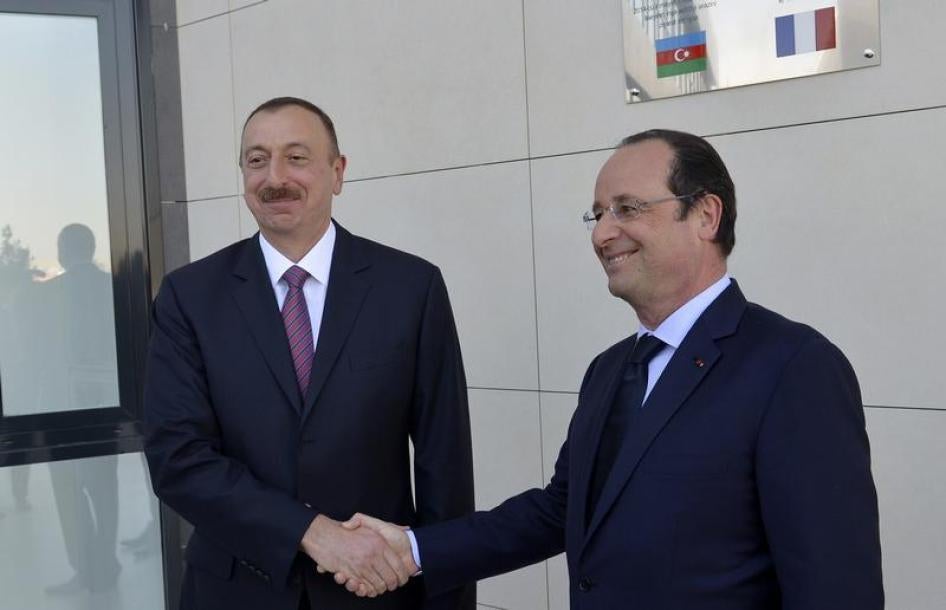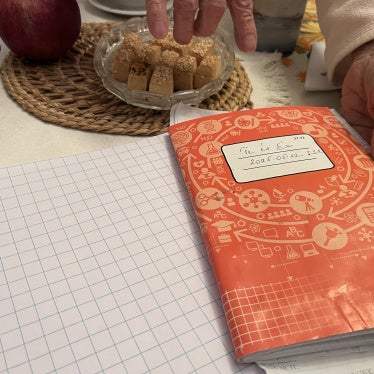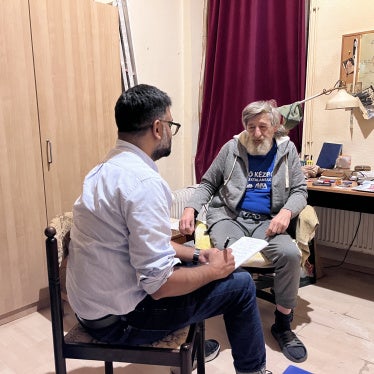In Paris this week on an official visit, Azerbaijan’s autocratic President Ilham Aliyev has already scored one photo op. Anyone reading yesterday’s Azeri media could see dozens of photos of Aliyev posing with leaders of top French companies, including Airbus, Suez, and Credit Agricole.
Today, President Hollande will receive President Aliyev and host an official dinner at Palais de l’Elysee. Again, Parisian photo ops abound. But amid the flashing cameras, one has to wonder where Azerbaijan’s repression of critics and the jailing of opponents fits in the new relationship between Paris and Baku?
In the past few years, Azerbaijani authorities have aggressively gone after the country’s once vibrant civil society, jailing dozens of activists, journalists, and political opponents. It also adopted draconian legislation making it virtually impossible for independent non-governmental organizations to operate.
One year ago, as Azerbaijan’s economy started to suffer from falling oil prices, several of those detained on political grounds were released. That was an important first step, but hopes for progress were short-lived.
Many of those released face travel bans or obstacles to their activities. Dozens are still locked up on political grounds, including opposition activist Ilgar Mammadov, despite repeated calls by the Strasbourg-based Council of Europe for his immediate release. And more activists have been thrown in jail. Recently, one of the country’s most popular journalists and bloggers, Mehman Huseynov, was sentenced to two years in prison for allegedly defaming the police, in response to his brave public denouncement of the police abuses he suffered.
When visiting Paris, Brussels, or other European capitals, President Aliyev hopes to get more business opportunities and investment in Azerbaijan. But he prefers to ignore that the people of Azerbaijan want human rights protections, transparency, and good governance. Those standing up for these values are routinely exposed to attacks and harassment.
Yet what more clear message that Azerbaijan’s crackdown cannot be ignored by potential investors than last week’s decision by the Extractive Industries Transparency Initiative (EITI), an international coalition promoting better governance of resource-rich countries, to suspend Azerbaijan – precisely because of its actions against civil society.
President Hollande should reject a narrative that only finance and economy matter in Azerbaijan. Human rights should be as central to France’s foreign policy as other topics.
Hollande should publicly call for the release of Ilgar Mammadov and all those detained in retaliation for their activism and criticism. A failure to explicitly support human rights principles would be the worst message to those unjustly waiting behind bars.










